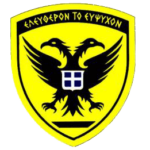Three Greeks of the diaspora that came together in Odessa, Nikolaos Skoufas (from the Arta province, 1779 – 1818), Emmanouil Xanthos (from Patmos, 1772 – 1851) and Athanasios Tsakalof (from Ioannina 1790 – 1851), made their decisions in Summer 1814 and on 14 September, on the day that Orthodoxy celebrates the Exaltation of the Holy Cross – that is the discovery of the Holy Cross by Saint Helen on 14 September 324 AC – they founded Filiki Eteria in Odessa. Filiki Eteria was the most important secret organization, strongly influenced by freemasonry, since in order for members to join, they had to resign from any other organization and renounce any other tie, and devote themselves exclusively to the battle. It was a Greek patriotic revolutionary organization for the purpose of instigating the Greek War of Independence for overthrowing Ottoman rule from the Balkans.
The meeting between the three founders and Panagiotis Anagnostopoulos (from Andritsaina, 1790 – 1854), who was initiated by Skoufas, in Odessa after three years and a half was crucial, since they decided on relocating the headquarters of Filiki Eteria from Odessa to Constantinople. In early 1820, Filiki Eteria was a large group of important people, adequately funded, well organized and thriving (not so secret though), with a membership of over two thousand individuals. Following Skoufa’s death, Xanthos was assigned to approach Ioannis Kapodistrias and propose to him to take over the reins of Filiki Eteria; however, Kapodistrias refused.
Xanthos, after his meeting with Ioannis Manos in St. Petersburg who was a member of Filiki Eteria, proposed Alexandros Ypsilantis (1792-1828), a Major General of the Russian army. Indeed, on 12 April 1820, Alexandros Ypsilantis accepted the proposal and signed a written agreement with Xanthos, witnessed by Manos, to assume leadership of Filiki Eteria under the code name “Kalos”. Filiki Eteria then had a real leader, who would lead afterwards the Greek War of Independence.
#ΕλληνικόςΣτρατός, #HellenicArmy



